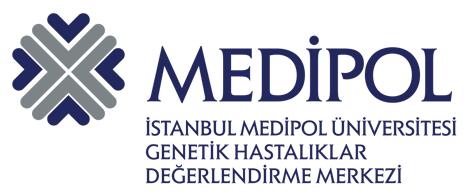
Genetic Counseling
Genetic counseling; It is the process of transferring information and suggestions to an individual who has or carry a hereditary disease, or his/her relatives about the course of the disease and the treatment methods, the risks of recurrence and which tests should be done in which periods along with the solutions and the results. This process is managed by practitioners with specialized training who combine their genetic competencies with counseling skills. The genetic counselor should explain to the individual or his/her relatives all the information about the problem faced by them in a way that they can understand and decide about the current situation.
Who should be given genetic counseling?
- All individuals who are diagnosed with an inherited disease in their family
- Consanguineous marriages
- Families of patients with major congenital anomaly
- Intellectual disability of unknown etiology
- Neurometabolic diseases of unknown etiology
- Seizures of unknown etiology
- All individual who are diagnosed with hereditary cancer in their family
- Recurrent miscarriages, deaths
- Families with prenatal anomalies
How does the Genetic Counseling process progress?
In the genetic counseling process, first of all, a detailed anamnesis is taken from the patient by the Medical Genetics specialist and a detailed family tree including at least three generations is drawn. Before the physical examination of the patient, imaging, laboratory and genetic results are examined. If there are other affected individuals in the family, they may be asked to apply to the outpatient clinic for evaluation. Genetic and non-genetic tests are planned for the diagnosis of the disease. The results are evaluated by the Medical Genetics specialist and genetic counseling is given to the patient / family.
